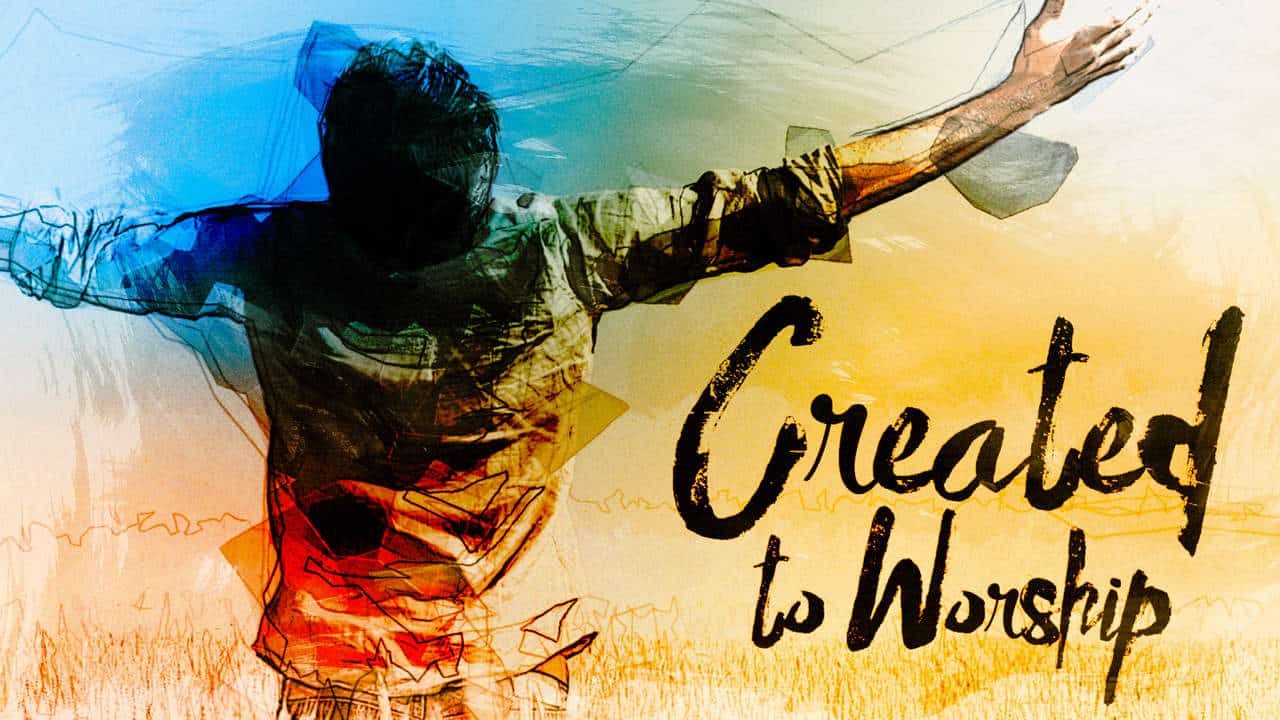In the intricate tapestry of human experience, the Bahá’í teachings illuminate the profound question: “Where Your Treasure Is: What Do You Worship?” This inquiry transcends mere material possession, delving into the very essence of our devotion, aspirations, and the guiding principles we enshrine in our lives. The Bahá’í Faith, rooted in the belief of the oneness of humankind, encapsulates the notion that our objects of veneration invariably shape our destinies and character. This discourse seeks to unravel the compelling dimensions of worship as elucidated within this noble tradition.
To commence this exploration, one must first comprehend the intricate relationship between treasure and worship. The concept of ‘treasure’ extends beyond physical wealth; it embodies our values, priorities, and passions. In Bahá’í thought, the true measure of a treasure is not found within the confines of material pursuits but rather in the spiritual banking of virtues—compassion, justice, and love. This metaphorical wealth is a construct of the soul, redefining our understanding of wealth in a world perpetually entangled in consumerism.
In this light, we postulate that worship transcends the act of reverence towards an omnipotent deity. It is the manifestation of our highest ideals. For Bahá’ís, worship is fundamentally an integrative experience, harmonizing personal devotion with social responsibility. The act of worship requires a conscious intent to elevate the soul and cultivate virtues that enable collective progress. By fostering a community centered around shared values, individuals align themselves with the greater good, thus reinforcing the crucial Bahá’í principle of unity.
The teachings notably advocate for the concept of “worship through service”, wherein individuals find sanctity by engaging in acts of kindness and service, thereby transforming the ordinary into the sacred. Such a perspective posits that genuine worship is illustrated through selfless acts that contribute to the well-being of humanity. This understanding evokes an alluring metaphor: the wellspring of worship is akin to a flowing river, nourishing the arid lands of human experience, fostering life and growth in a fragmented world.
The metaphor of the river further distills the notion of continual progression toward spiritual abundance. It suggests that treasures accumulated through selfless service become an unending source of fulfillment. As individuals engage in altruism, they cultivate an environment wherein compassion flourishes, forging connections that transcend the superficiality of modern existence. The Bahá’í teachings emphatically assert that the essence of one’s worship materializes in the choices made, perpetuating the idea that where one directs their attention, there lies their treasure.
Moreover, the metaphor of light frequently appears within Bahá’í literature, underscoring the transformative potential of spiritual worship. Light symbolizes knowledge, enlightenment, and divine guidance. In this sense, worship is depicted as seeking illumination, allowing individuals to emerge from the shadows of ignorance and apathy. The teachings beseech one to seek knowledge collectively and individually, propelling ourselves and society toward unprecedented heights of understanding and compassion.
The Bahá’í framework delves deeper into the nature of worship by addressing the elements that obstruct genuine devotion. The illusions of materialism, the distractions of societal pressures, and the ego’s insidious grip can distort one’s perspective of what constitutes true wealth. The challenge lies in recognizing these barriers and striving to transcend them, akin to a sculptor chiseling away excess stone to reveal the masterpiece ensconced within marble. In essence, the Bahá’í journey involves a deliberate act of revelation, unveiling the fundamental virtues that dwell within the human spirit.
It is essential to underline that worship is not a confined act performed within the walls of a place of worship; it is a way of life permeating every interaction and decision. The Bahá’í perspective posits that individuals embody the teachings of Bahá’u’lláh in their daily lives, imbuing mundane activities with profound meaning. The sacred is intertwined with the secular, inviting adherents to enact their worship in their professional endeavors, familial relationships, and communal contributions.
As one reflects on the intricacies of worship, it becomes evident that the social implications of one’s treasures are profound. The teachings stress the importance of collective treasure—the shared aspirations of a community that strives for the betterment of society. Such unity is a compelling antidote to the fragmentation that pervades contemporary life. Working collaboratively toward common goals transforms individuals into vibrant agents of change, illustrating that collective worship embodies a symbiotic relationship between the individual and the community.
This communal aspect of worship finds profound expression in the Bahá’í practice of collaborative decision-making, which emanates from a shared vision based on mutual respect and understanding. Here, the treasures of diverse experiences and perspectives converging foster inclusivity. Through love and service, individuals transcend perceived differences, nurturing a living embodiment of the divine principles they collectively revere.
In conclusion, the Bahá’í exploration of “Where Your Treasure Is: What Do You Worship?” invites introspection, urging individuals to evaluate their true treasures and the essence of their worship. It implores humanity to transcend the façades of materialism and ego. The intricate metaphors woven into the teachings serve as guiding lights, illuminating pathways toward authentic engagement with oneself and the world. As individuals seek their truest treasures—the virtues that elevate both personal and collective existence—their worship transforms into a vital force for societal progress, reinforcing the timeless truth: where your treasure is, there lies the sanctuary of your soul.
